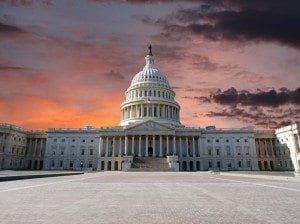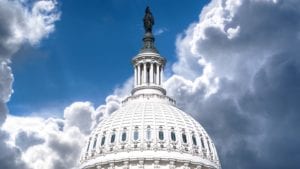
On Monday, the Supreme Court denied certiorari in Coons v. Lew, a constitutional challenge to provisions in the Affordable Care Act (ACA) creating the Independent Payment Advisory Board (IPAB), an independent federal agency charged with responsibility for controlling the growth of health-care costs by constraining the growth of Medicare.
IPAB is controversial, and potentially unconstitutional (as even fervent ACA advocates admit). Nonetheless, the denial of certiorari was to be expected. IPAB is not yet operational, so (as the U.S. Court of Appeals for the Ninth Circuit concluded) a challenge of this sort isn’t ripe. If and when the IPAB is up and running — and begins making changes to Medicare that affect providers or beneficiaries — there will be ample time to consider the constitutionality of Congress’s creation.
Alternatively, Congress could repeal or reform IPAB itself, as some have suggested. Given that the text of the ACA expressly limits Congress’s ability to amend these portions of the law, such legislative action could itself prompt litigation and perhaps even High Court review.
The Court’s denial of certiorari in the Coons case does not mean the justices won’t revisit the ACA next term. Another cert petition is pending in Mayhew v. Burwell, Maine’s challenge to the constitutionality of the ACA’s maintenance of eligibility requirements for Medicaid. According to Maine (and supporting amici), the federal government’s threat to withhold all Medicaid funding should Maine restrict Medicaid eligibility below pre-existing levels is unconstitutionally coercive and violates the Medicaid holding of NFIB v. Sebelius.
If, as oral argument in King v. Burwell suggested, some of the justices are interested in revisiting federalism concerns about the ACA, Mayhew is a potential vehicle. Indeed, although the U.S. Court of Appeals for the First Circuit found Maine’s arguments unconvincing, Maine’s position would get a boost should the the federal government prevail in King on federalism grounds.






